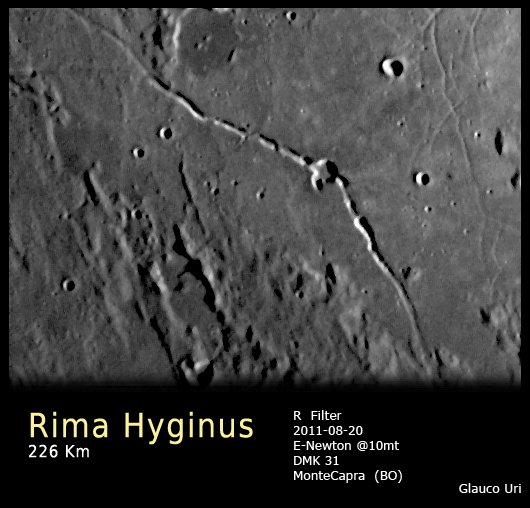Introducing PIPP - Planetary Imaging PreProcessor

PIPP is a Windows application designed for pre-processing planetaryimages before stacking them with image stacking software such as Registax. PIPP's main purpose is to crop each image frame and select only the best quality frames to reduce the memory and processing requirements of the stacking software. For example, this would allow the best 1500 frames from a 7200 frame AVI (2 minute AVI at 60 fps) to be cropped ready for stacking by Registax. On my PC, Registax does not handle AVI files with that many frames but can easily handle 1500 pre-processed bitmap files so this is very useful.
RegiStax V3 Review. RegiStax V3 is professional software for image processing that allows you to considerably improve the photos of space. Although it is made to process this type of images, that doesn't mean it cannot work with other types of photographs. The 1st update of RegiStax 6 is available for download from the downloadpage. This update only replaces the executable file of RegiStax and needs to be installed in the same directory where RegiStax 6 has been installed, you should NOT uninstall. Download Release 6.1.0.8 (1.6 Mb) Find below the most important changes of this update.
PIPP was originally written to speed up the my own processing of the multitude large AVI files that that eachplanetary imaging session seems to generate. Now that PIPP has reached the point where it does actually speedup my processing workflow I decided to make it available to others to see if they find it useful and maybe give a little back to the astronomy community.
PIPP's functions:
- Load a sequence of images from supported video files, SER video filesor TIFF/BMP/FITS/JPEG/RAW camera image files.
- Calibrate frames with dark, flat and dark flat calibration frames.
- Debayer raw frames from colour cameras toproduce colour frames.
- Check each frame contains a planet that iscompletely on the image and discard any frames that do not.
- Check for and discard overexposed frames.
- Centre the planet in the frames.
- Offset the centred planet.
- Crop each frame around the centred planet.
- Apply a fixed gain to each frame.
- Apply a fixed gamma correct to each frame.
- Apply a median noise filter to each frame.
- Stretch histogram for each frame (equalising R, G and B channels for colour images).
- Estimate the quality of each frame and reorderthe processed frames in order of quality.
- Keep only the number of best quality framesspecified by the user.
- Split colour frames into R, G and B frames.
- Save processed frames as a sequence of TIFF/BMP/FITS image files, as a single AVI/SER video file ready for stacking or archiving or as an animated GIF for sharing online.
PIPP's functionality continues to be extended over time.
Supported Platforms
Current supported platforms:
- Windows XP with Service pack 3 or all later versions of Windows.
- Linux with Wine (See Installing PIPP on Linux with Wine.).
- macOS with Wine (See Installing PIPP on macOS with WineBottler).
An updated version of PIPP that will run natively on Linux and Mac OS X as well as Windows is currently being worked on. Here are a few features of this version in case anyone in interested:

- All C# .net code to be replaced with C++ code so the entire program will be C++.
- The Qt framework to be used for cross platform GUI support.
- Improved integration between the GUI and the core code will hopefully allow a more natural user interface to run (no need for the 'Test Options' button).
- Support for languages other than English will be added. This will require some volunteer translators!
- This version will be released under an open source license so that other developers will be able to contribute bug fixes and new features.
- A large rewrite of the internal code to tidy it up before releasing the source.
This work is taking longer than hoped, but it is now PIPP's highest development priority.
Acknowledgements
Thanks for Martin Lewis (http://www.skyinspector.co.uk/) for all his help with testing PIPP, his feedback and suggestions have been invaluable.
Thanks also to Anthony Wesley for permission to usethe quality estimation source code from his Ninox planetary imagingsoftware (http://www.acquerra.com.au/astro/software/ninox/) in PIPP. This is the basis for PIPP's quality estimation algorithm. In truth, although PIPP has moved on quite a bit now, it was originally inspired by Ninox.
Thanks also go to Heiko Wilkens, author of the LucamRecorder image acquisition software (http://www.lucamrecorder.de),for permission to incorporate his proprietary SER video format in PIPP.
Registax For Windows 10 Hp
Thanks go out to Dave Coffin for all his work on DCRAW and making the code available for others to use. This is the code that enables PIPP to decode almost any camera raw image format.




